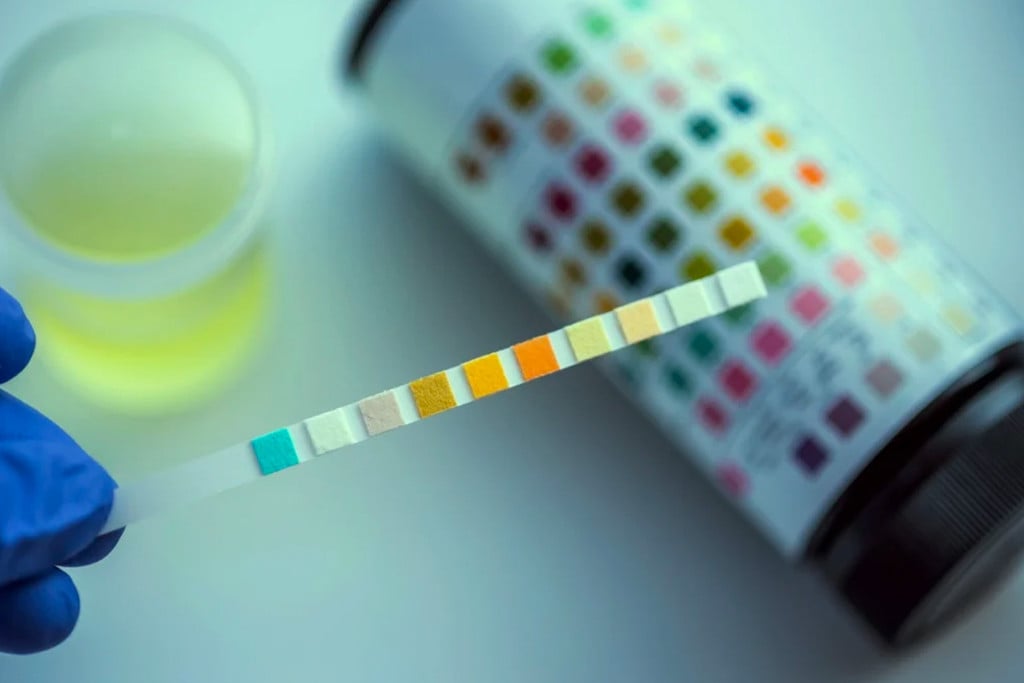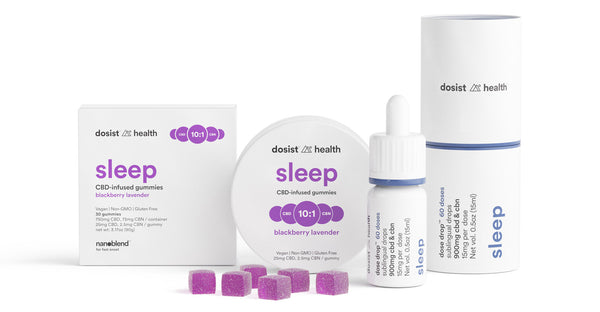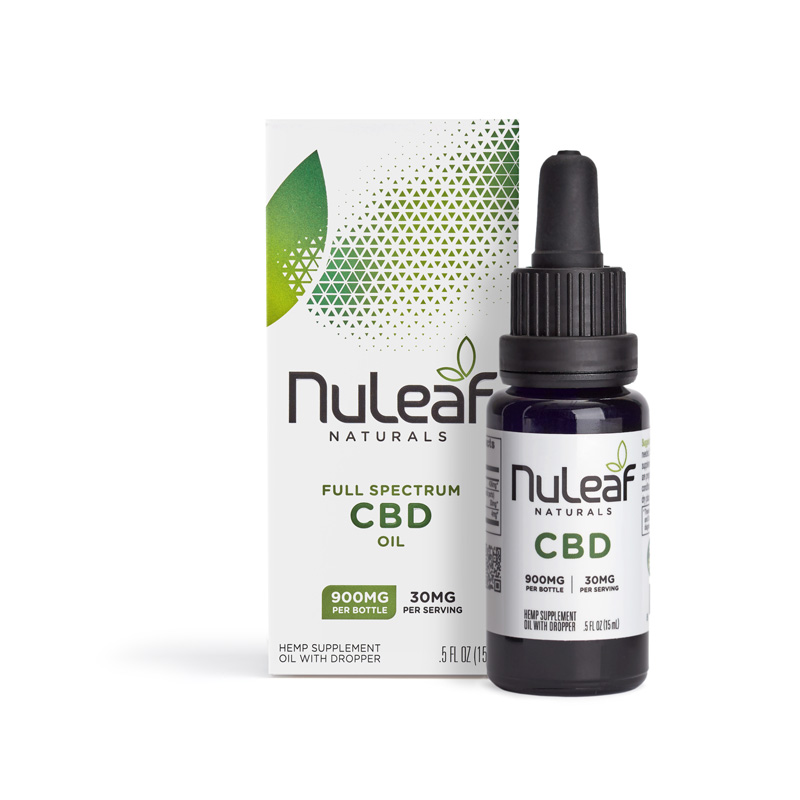
Sports drinks are a staple in many athletes' diets. Sports drinks can be high in calorie-rich and processed sugars, which can lead to health problems. A growing number of people are looking for sports drinks with natural flavors and low sugar and calorie content.
North America's sports drink market is expected to grow significantly due to growing demand for hydrating, healthy drinks from a large group of health-conscious individuals. This will lead to the demand for new products to meet the growing needs of the market.
Brand Positioning: Your brand positioning can help increase sales and get more customers. This is done best by identifying who your ideal client will be and designing your product to reflect that.
Gatorade is a leading sports drink brand and has a huge presence in the US market, especially among athletes who want to improve their performance. Gatorade is known for its innovation and offers a variety of sports drinks.

Body Armor, a natural sports drink claims to be healthier than gatorade. It has gained popularity over the years. It is a natural sports drink that contains many vitamins and minerals that can help you improve your performance.
The packaging for this sports beverage is simple and bright, with no text. The brand's logo includes a black Y shape, which represents energy and excitement.
Functional sports drinks: Millennials and Generation Z want these products to make their lives easier. These consumers are looking for sports drinks that can help them recover, rehydrate and nourish their bodies before, during and after exercise.
These sports drinks are designed to give athletes all the nutrients and fluids they need. These drinks may even be gluten-free or contain no artificial flavorings.
Powerade is a well-known sports drink. It's widely available in shops and is well-known for its high hydration level and low calorie count. Powerade is also available in a variety of flavors, making it a popular choice for athletes.

The company also has a strong presence on social media and has a wide array of products that are available in stores, including juice, water, and protein shakes. The company's products are available in almost all grocery stores and grocers across America.
PepsiCo has held the US market share for sports drinks for years, while Coca-Cola is now in direct competition. These new brands target younger consumers who are more health-conscious and are willing to try new drinks because they are healthier than traditional soda options.
FAQ
Does CBD help with anxiety?
CBD oil can be used to treat anxiety. It interacts with CB1 receptors and CB2 receptors in your brain. The endocannabinoid system regulates mood and stress responses.
CB1 receptors are activated by chemicals released when we feel anxious. This receptor triggers the amygdala and is responsible to emotional processing.
When the CB1 receptor gets blocked, the amygdala can't process emotions. People who use CBD have fewer negative emotions.
In 2017, a study showed that CBD can reduce anxiety in people with social phobia. Another study revealed that CBD helped reduce symptoms of PTSD.
A 2018 review concluded that CBD has anxiolytic properties and could help treat generalized anxiety disorder.
Another review suggested that CBD might also reduce panic attacks.
However, several studies have shown that CBD actually increases anxiety levels in mice.
The discrepancy found between the animal results and human data might be due to differences of how CBD affects humans and animals.
CBD has not undergone any safety studies. Most experts agree that CBD can be safely used when it is directed.
What conditions can CBD be used for?
For any treatment to be effective, the most important factor is the patient's health. If you're using cannabis oil for medicinal purposes, a doctor must approve. You cannot use cannabis products without a prescription from your doctor.
There is no need for a prescription if you are using cannabis oil in a healthy way. It is best to speak to your doctor before you start using cannabis oil.
You can make cannabis oils from whole plant extracts, or isolated compounds called Cannabinoids (THC or CBN). They are rich in cannabinoids (CBD), tetrahydrocannabinol(THC) and cannabinols (CBN).
These compounds interact with receptors throughout the body to produce effects such as pain relief, stress reduction and anti-inflammatory, antioxidant, and other properties.
What is the future of the CBD industry?
The future is bright for the CBD industry. It's easy for people to get on board with this sector. With CBD products accounting for over $1Billion in global consumer spending, it is easy to see how the market is growing exponentially.
Statista estimates that worldwide cannabidiol sales will hit $22.4 billion by 2019. This is almost 200% more than 2018!
It is also expected that the CBD market will grow at a compound annual growth of 22.5%. That would translate to approximately $6.8 million in revenue by 2020.
This is great news both for those looking to enter the market as well as existing companies. However, we must be aware that the CBD market is still very much in its infancy and will face some challenges along the way.
Can I use CBD during pregnancy?
It is not clear if CBD is safe for use during pregnancy.
But based on the limited amount of information available, it appears unlikely that CBD would cause harm to the baby.
It's important to note that CBD should not be taken by pregnant women unless recommended by their doctor.
The Food and Drug Administration has issued a warning regarding potential risks of CBD use during pregnancy.
FDA states that there are some indications that cannabis use during pregnancy could increase the chance of miscarriage.
The agency stated that further research is required before a firm conclusion could be drawn.
Statistics
- however, one study also found that these effects were virtually abolished when the original media (a nutrient broth agar) was replaced with one containing 5% blood (increasing the minimum concentration to ~160 μM CBD) [179]. (ncbi.nlm.nih.gov)
- A recent study [161] also found that in vitro CBD treatment (i.e., ≤ 2 h exposure to 10 μM) induced ~40% vasorelaxation in isolated (pre-constricted) (ncbi.nlm.nih.gov)
- While the primary injury may not be treatable, interventions that attenuate secondary sequelae are likely to be of benefit [203].Only one study (ncbi.nlm.nih.gov)
- As a substance that was federally illegal before the passage of the 2018 Farm Bill, hemp-derived cannabinoids with no more than 0.3% THC still face a regulatory grey area. (forbes.com)
- OralWhere HED is the human equivalent dose, and Km is a correction factor estimated by dividing the average body mass (BM) of the species (60, 0.020, and 0.150 kg for 11 humans, mice, and rats, respectively) and by its surface area (see: Nair et al. (ncbi.nlm.nih.gov)
External Links
How To
What are the most common problems in the CBD industry?
The market for CBD is growing at an astonishing rate. But, businesses who want to enter this market still face numerous challenges. These include low consumer awareness, high entry costs, limited capital access, regulatory uncertainty, and lack of consumer awareness.
Many consumers aren't aware of the benefits and limitations of CBD. This makes it difficult for consumers to make informed decisions on whether or not they want CBD products.
As a result, most CBD companies rely heavily on word-of-mouth marketing. This can be costly as it involves advertising and staffing to promote the brand.
Another issue facing new entrants into the CBD industry is the high cost of production. High prices are a major problem for CBD products because of the high cost of raw materials. CBD oil can only be made if hemp is grown in the right climate and soil conditions.
Growing enough hemp to make CBD oil takes around $1,000 per acre. Because of this, many small farmers are unable to afford to grow enough hemp for CBD oil.
A lack of capital access is another issue that new entrants will face in the CBD marketplace. Due to the stigma surrounding the industry, banks discourage many people who wish to start businesses.
The sale of CBD products is still subject to regulatory uncertainty. There are no guidelines for how CBD products should market.
While some states have passed legislation restricting CBD products' sale, it has not been adopted as a national policy.
Only Nevada and Maine have so far legalized recreational marijuana.
Massachusetts and Michigan are however considering similar measures.
These changes could result in increased competition between CBD manufacturer.
These factors have led many entrepreneurs to choose to work remotely rather than starting a physical business.